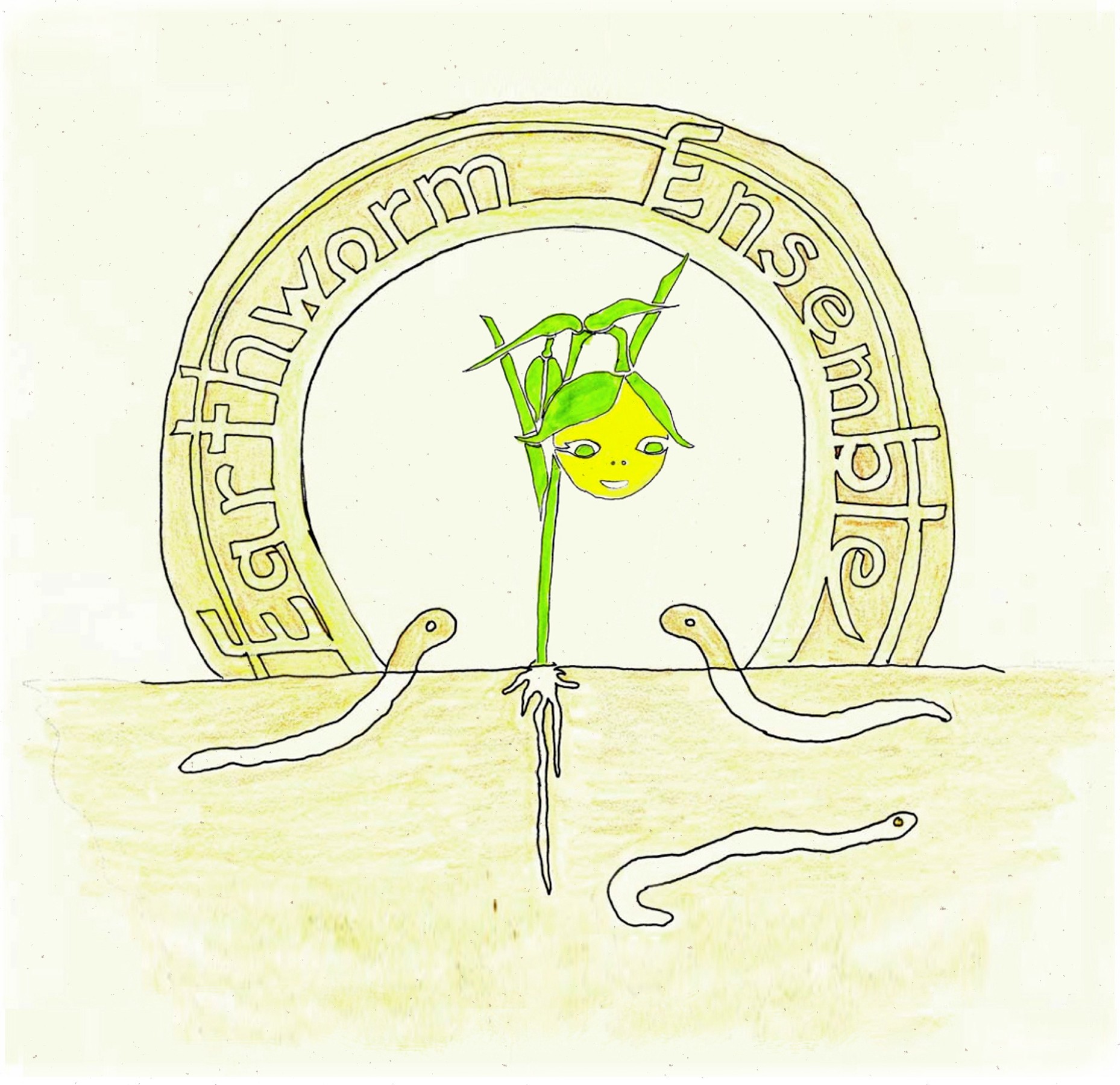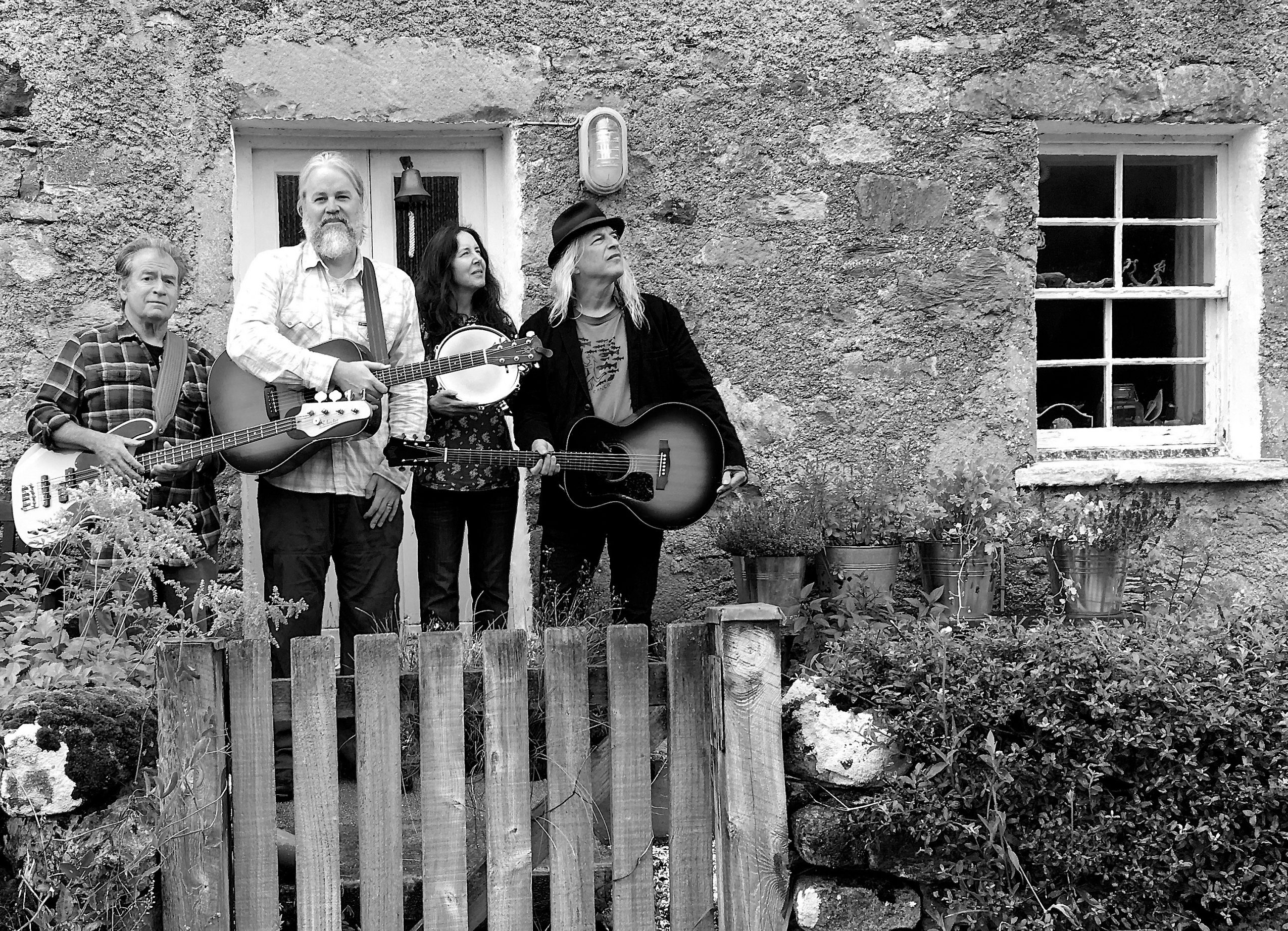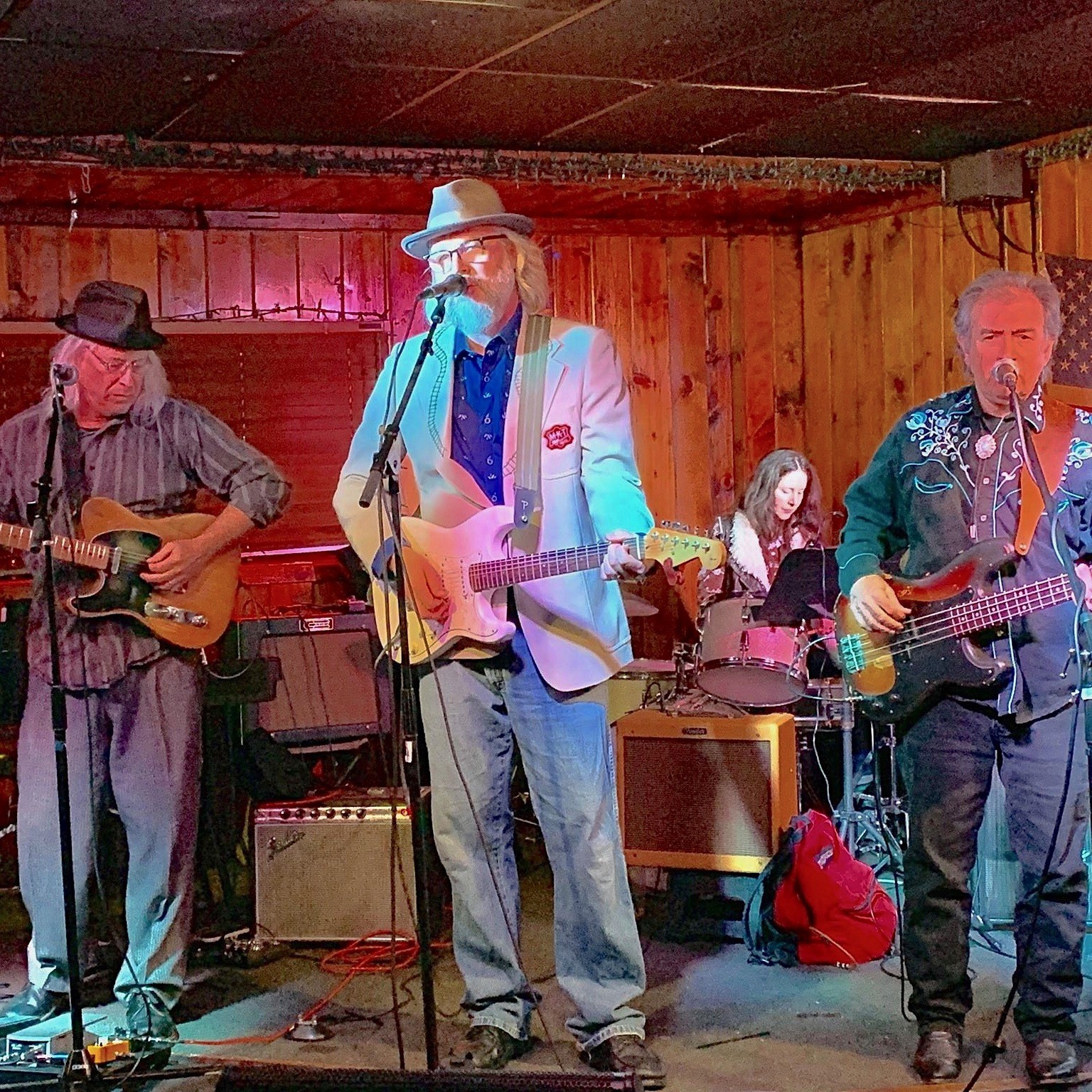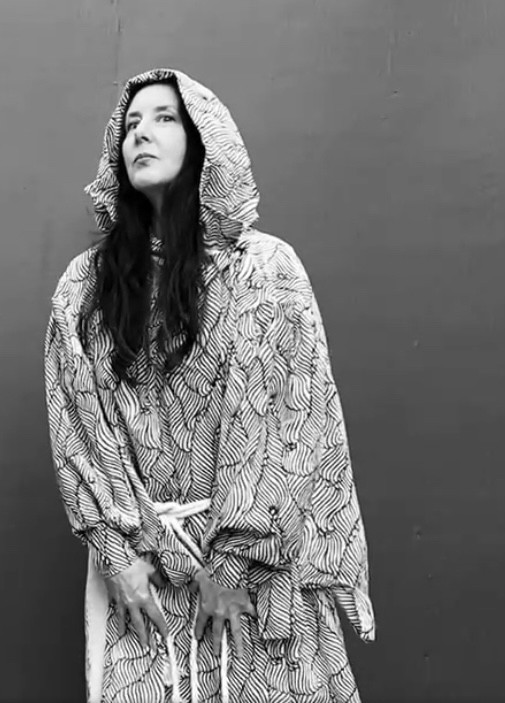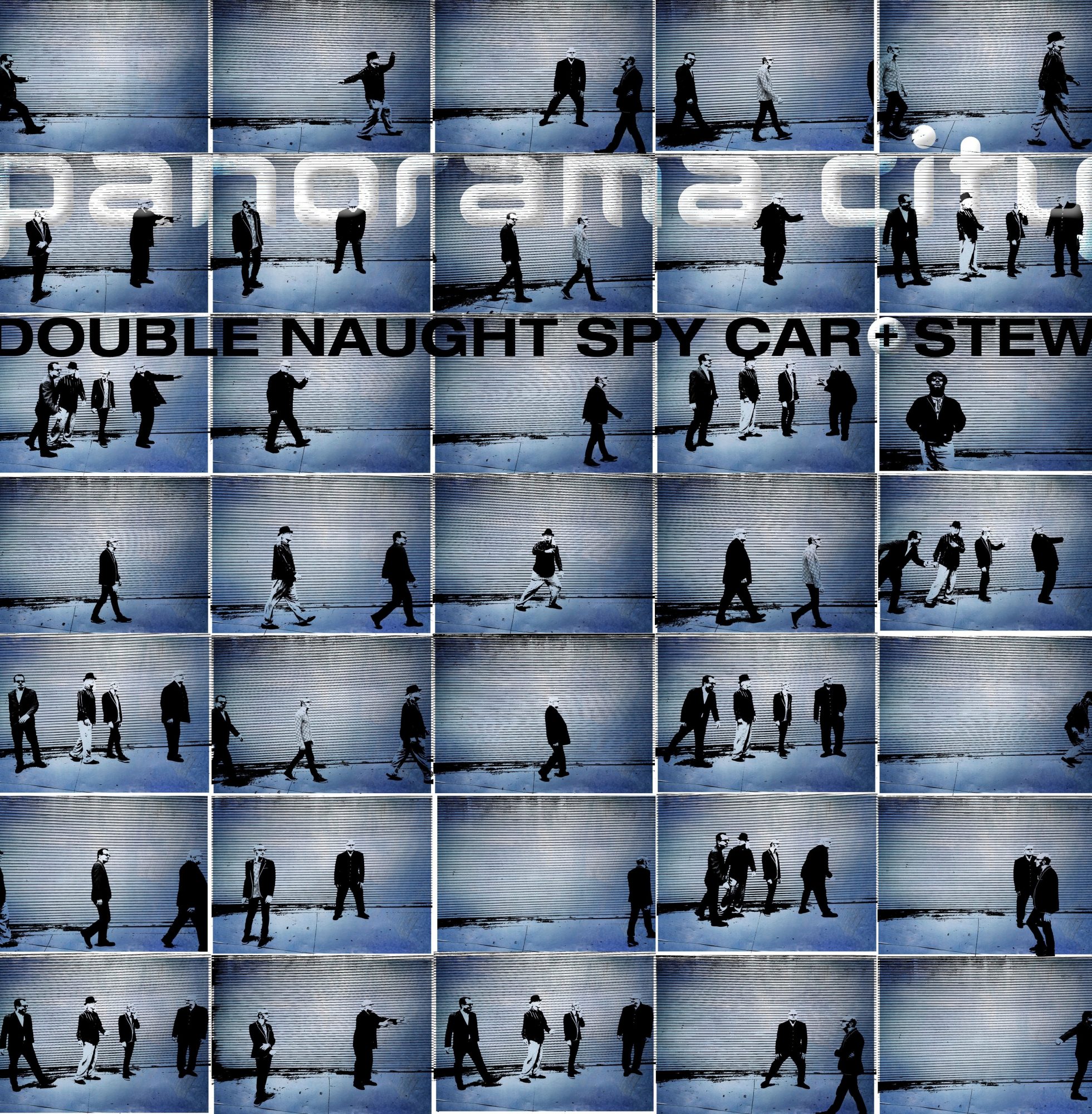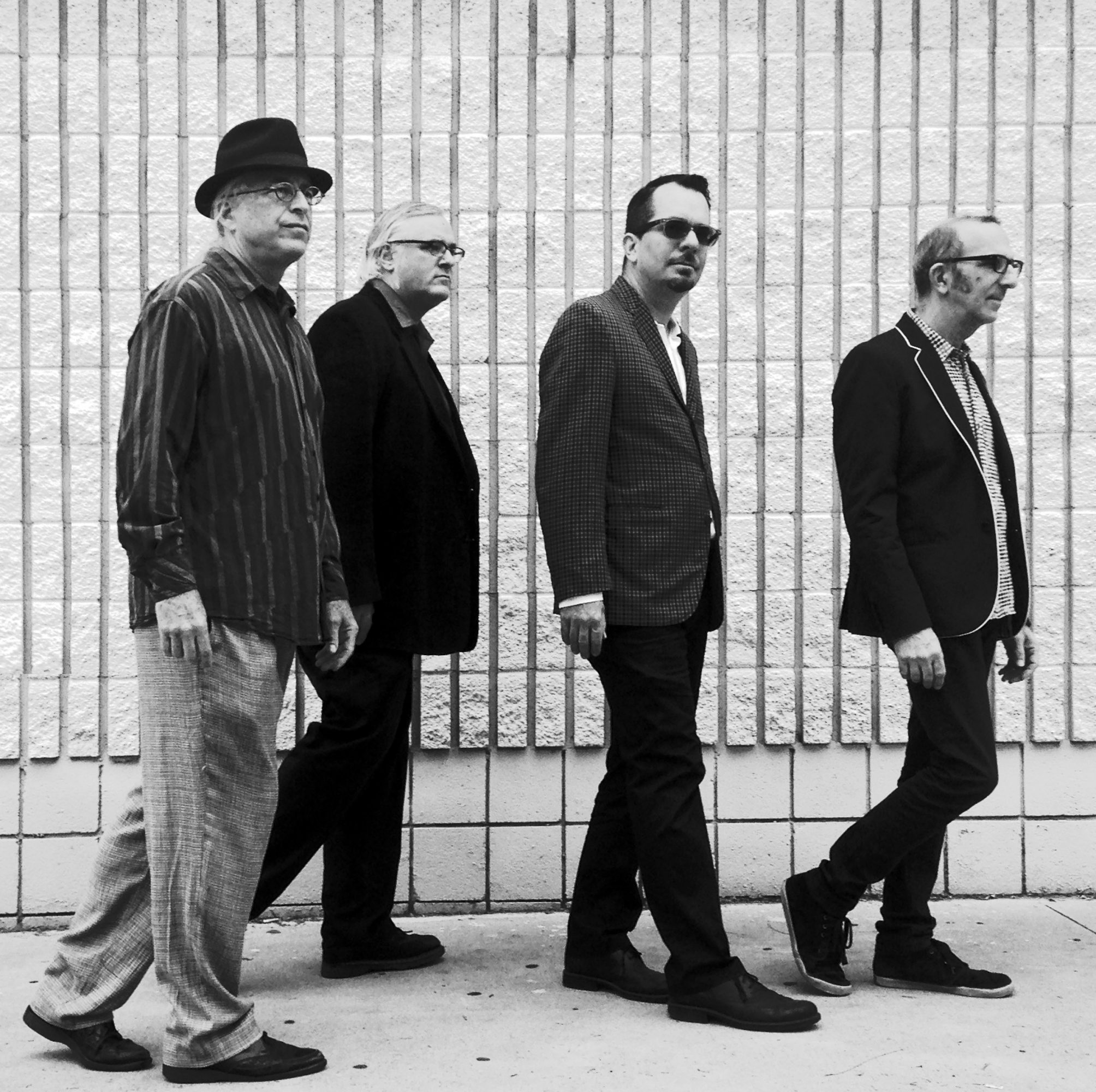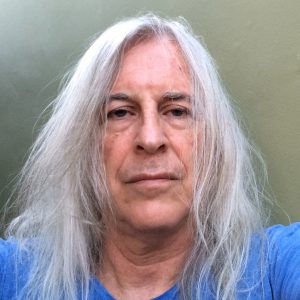
Today we’d like to introduce you to Paul Lacques.
Hi Paul, can you start by introducing yourself? We’d love to learn more about how you got to where you are today?
I come from a California agriculture childhood. The O’hare clan of my mother Teresa have farmed and run a dairy in Bakersfield since 1869, and a lot of my cousins are still in ranching. My father Peter is an east coast transplant, came to California after a stint in the Marines, met my mom, and decided to farm, enrolled in Cal Poly San Luis Obispo, eventually got hired by the old Bard family ranch holdings as the foreman. My earliest memories are of the Victorian farmhouse we lived in out in the cotton and alfalfa fields and sitting atop my dad’s black horse Freight Train, the ground far below.
After a move to still paradise farmland Ventura County, where we had horses and roamed the wide open hills, we were yanked to Los Angeles, in the heart of freeway and airport noise. Us nine rural kids kind of lost our minds. A year later, we were city kids. I moved every year in high school, returning to the desert and then back to LA.
My family on both sides has a minimal musical background, other than an unmistakeable love of song. We always sang in the car, and I played trombone in elementary school, but five of us became professional musicians. I chalk that up to the times. The 60s – 70s – 80s were an unprecedented and probably never to be equaled period of explosive musical creativity, and we got swept up. Senior year of high school, I had knee surgery and a cast for three months picked up a guitar to amuse myself and abandoned track and cross country for music, a decision that was shocking even to me. Life at first sight.
At UCLA, I was a geology major, but motorcycles, guitar, and mind expansion crowded out academics, and I dropped in and finally out for good. I’ve never had a moment of regret for bailing. I formed a folk duo, The Flatpickin Fools, with my dorm mate Gregg Gold, an advanced bluegrass guitar picker who showed me the ropes. We hitchhiked across the country and flew to Europe, where our street busking quickly turned into six months of folk club gigs and wandering from Stonehenge to Vatican City in our faithful Ford Anglia (see Harry Potter to see the car). We were professionals with a Euro career. But we came back. Expat was too eerie to try.
Back in LA reality set in–I was still a novice guitar player in a town with hundreds of brilliant players. I played in a bunch of top 40 bands, bottom feeder gigs, studied the guitar work of Clarence White, James Burton, Cornell Dupree closely, put myself through apartment guitar school, painstakingly copying guitar licks.
I put together a good country music cover band, Straight Up, got a booking agent, and we hit the road, five sets a night, six nights a week. On the seventh day, you drove from Ely, Nevada to Boise City, Idaho; play, drive, play. For oil riggers, ranch hands, bikers, townies, lots o danger and lots of fun. This is where I learned how to play electric guitar.
Back in L.A. in 1979, I heard The Cars on the radio, saw X, The Plugz, and Talking Heads live, and dropped country music like a hot potato. Another decision that shocked myself. I put an ad in The Recycler looking for a new wave band, whatever my notion of that might have been and luckily found a distinctly non-new wave band that liked my weird raw country sound–Andy & The Rattlesnakes. This was my further education–writing original songs that audiences responded to, seeking a unique sound, mixing punk blues with country and Zappa Beefheart-controlled noise. We had the LA buzz, but Andy split for NYC, another moved that shocked.
The LA scene in the 80s was vital, open, embracing of all experimentation, with cool little music joints spreading like mushrooms and us end of the hippie trail survivors putting on thrift store suits and short haircuts, then polyester, then New Orleans costumery, whatever the music inspired.
Cut loose from a band that opened up a lot of doors and woke me up to expressing myself on a deeper level, I joined or started a lot of projects: the last incarnation of the Sheiks of Shake; pan-African band Sankofa with members from Ghana and South Central as well as us striving world music students, and many bands that sputtered in interesting fashion.
In 1982, I wrote and performed in a play, “Everything Peter Curry Says Is True,” about a performance artist and her scientist father planting a nuke in Los Angeles and inviting everyone to the party. It made front page of the L.A. Times and was named to Top Ten Influential Plays of the 80s by the L.A. Weekly. Which was a shock to myself. I also had a cartoon strip, “O. Bleak,” with artist Rob Hasick, which ran in the L.A. Weekly for four years.
In 1984, I decided I wanted to play drums, at the same time wanted to get as far from MTV pop as humanly possible, and so I started a polka band: Rotondi. The conceit was that members had to play an instrument they’d never played before. Our lead singer Tony Patellis was a gifted Shakespearean actor with an operatic voice (you can see him on The Sopranos and The Wire). Writing in a strange idiom with no ego attachment, I cranked out dozens of songs and cowrites with band members. We launched the band as a play, which won four Dramalogue awards and was the toast of fringe L.A. culture. We did the Joan Rivers show (live national TV, terrifying for a novice drummer), Crime Story, Family Ties, and played at David Byrne’s wedding, where Timothy Leary got on his knees and hosannahed our accordion player during a hot solo. We were booked to play Saturday Night Live, yes, but the writers’ strike knocked that off the table. Rotondi got the attention of the International Polka Association, who were annoyed by our spoof of real polka, and they urged a boycott. Instead, all the polka Grammy winners–Lemmy Gomulka, Eddie Blazonczyk, and Jimmy Sturr–invited us to their festivals. We put a tour together that included state fairs, Winnepeg Folk Festival, CBGB’s, Cleveland polka dances, and the big polka fests. They liked us. It was a miracle.
That same year, I co-founded what might be the first World Beat band in the United States, the Bonedaddys. Rather than try to faithfully recreate the JuJu, Afrobeat, Zouk, Soukous, North African, New Orleans and Memphis sounds we were stealing from, we amalgamated them in deliberately loose and irreverent style, creating an eclectic but pretty thunderous dance groove. We couldn’t make a good record to save our lives, but we had a huge nationwide live following and influenced lots of bands, had a good run on MTV. We were co-billed and jammed with Jimmy Cliff, Toots and Memphis Maytals, Burning Spear, Buckwheat Zydeco, Kassav, a number of remarkable African bands that only made it to the U.S. once but blew our minds. The Neville Brothers adopted us as their baby brothers and we did shows with the in L.A. and New Orleans. The Bonedaddys were Bo Diddley’s backup band for a while, a memorable series of pure improvisation jams loosely tied to Bo’s classics; and I got to record an instrumental track with Bo for the movie Tapeheads. Me & Bo in a Hollywood studio. “Play lead,” said Bo. “Me play lead?” Bo: “You play lead.” “But you’re Bo Diddley.” “Play lead.” I played lead. There’s no one cooler than Bo Diddley.
In 1989, I co-founded The Underthings, a neo-cabaret experimental band with fearless lead singer Stefanie Naifeh and members of Rotondi, borrowing strains of Brecht, Velvet Underground, gypsy jazz with our own strain of dreamy, almost psychedelic acoustic textures, accordion, mandolin, sax, upright bass, brushes on a drum kit. We backed up Leslie Anne Warren with Mike Garson (longtime Bowie pianist), re-recording Underthings originals for a film score. The band eventually morphed into Circus Sirius, with acrobats, dancers, tight rope, and folk dancers heavy on the cabaret.
In 1994, I joined the Aman Folk Ensemble, a national touring dance and international music troupe with virtuoso specialists in Hungarian, gypsy, North African, Bulgarian, and British Isles singing and instrumentation. I was the utility guy and once more a student in a trial by fire learn on the job situation, playing some big festivals on lots of U.S. tours.
That same year I co-founded Double Naught Spy Car, a guitar instrumental band that mixed the twang of Duane Eddy and Jimmy Wilsey (Chris Isaak) with Morricone and Monk and some patriotic twin electric guitar rock. We’re still together, with six albums out and many TV and movie placements and scores. We’ve backed up Stan Ridgway and multiple-Tony award winner Stew, with whom we created a 100% improvised pop record, Panorama City, lyrics and melodies made up on the spot, no second takes. Might be a first.
In 1999 on a stoned desert hike and rock-throwing session in East Mojave with my drummer brother Anthony and his San Francisco bandmate lead singer Rob Waller, we decided to start an alternative country band to save country music from the dismal state Nashville had led it to. It was to be called I See Hawks In L.A., in honor of all the raptors we’d been seeing lately in our Echo Park abodes. Six months later, we actually followed through, wrote a batch of strange but catchy country and bluegrass songs, recorded a first album on Ethic Records and discovered we were one of about ten new alt-country acts springing up in Los Angeles. We hit the scene hard, recording and playing with bassist David Jackson (Dillard and Clark, Emmy Lou Harris, John Denver), Fiddler Brantley Kearns (David Bromberg, Jerry Garcia, Dwight Yoakam) in the new funky roots dives. At this point, my life in L.A. feels like geology, different layers of clubs and culture and fans. At this point, I’m in my late 40s but it’s all feeling fresh. I do not take this for granted.
I See Hawks In L.A. has toured the U.S. and UK/Europe almost every summer for 20 years, released 10 albums, and built a reputation and critical following we’re grateful for. We’ve gotten to open for Chris Hillman, Lucinda Williams, Ray Wylie Hubbard, Lukas Nelson, and were chosen for Stagecoach Festival twice. Our records and live band sound are wide-ranging, from banjo-driven waltzes and bluegrass to psychedelic folk rock directly influenced by our avian predecessors, the Byrds and Eagles, and of course Gram Parsons and the Flying Burrito Brothers. Our lead singer has deep Memphis roots which we’ve been exploring more recently, delving into swampy blues that isn’t quite blues. We write about eco themes (up until around 2010 when it seemed too late to sound any further warnings), California geography, physical and spiritual, Senator Byrd from West Virginia, rodeos, the pitfalls of Houston, and Irish deportation to Van Dieman’s Land in our brief dalliance in Celtic music. We have a collaborative British-American folk release with The Good Intentions from Liverpool, which was a lesson in subtle but ironclad differences in musical approach in the two cultures, but the songs are an interesting marriage of the two worlds. We’re starting work on album #11 and just got back from Kerrville Folk Festival and shows in Austin and Dallas, where we revived our dormant Texas connection. Next year we’ll return to a longer tour of the South, where we’ve been warmly accepted, much to our delight.
I met my wife, Victoria Jacobs when I joined her band in the late 90s. We played for three years before we became a couple. As wife and husband, we’ve done her solo work, formed an award-winning kids’ music band Earthworm Ensemble, with two CDs released and a lively rapport with our young audience. We try to write songs that the whole family can dig and discuss. One review said, “this is the first children’s music CD I haven’t wanted to toss out the window halfway through a car trip.” Playing with Victoria has been a deep partnership. We heavily influence each other, with very diverse tastes and a huge overlap of shared aesthetics.
At the moment, I also play with: Strange Parade, a moody psychedelic pop band; Ape Pop, a purely improvised instrumental music recording project; and Old Californio, a country rock/folk band from the San Gabriel Valley whose members play in a number of famous projects but still live in the flats and foothills east of Los Angeles, playing some of the hardass local bars they cut their music teeth on years ago.
I also get handed many interesting projects to do studio work for on guitar, steel, dobro in my home studio in Highland Park. Never a dull moment. I hope people continue to ignore my advanced age and the groove keeps going.
Would you say it’s been a smooth road, and if not what are some of the biggest challenges you’ve faced along the way?
Many have had it way rougher than me, but it has not been a smooth road. My father was outraged that I gave up a promising academic career to become a novice guitar player and not further soothed when four of my brothers followed my hippie path into the musical unknown. It was a psychic burden, added to the fact that I was getting a fairly late start on an instrument in a super-competitive town. I still feel a bit fraudulent at times, hoping my fellow musicians don’t notice I’m not quite in the club.
Beyond that: music, any art form, is going to kick you in the teeth. The artists who make it, from Bob Dylan to Billy Strings to Beyonce, have had challenging upbringings, excruciating moments of failure, hostility, funky living situations, being ignored, being panned, and starting over. It’s the price of admission, and I do have a dark belief that your artistry springs from the pain you’ve been dealt. If you had a pleasant upbringing with supportive parents and studied pop music at USC, good luck to you. What are you going to write about?
Part of the struggle for a Zelig-like musician like myself is knowing when to leave a project, with all the hurt feelings inevitably generated, to move on to the next thing. It requires a certain ruthlessness, but you’ll stagnate if you stick around for the wrong reasons, Bowie, Neil Young, and lots of my heroes cut ties with their bands multiple times.
But you endure the disastrous nights, the tedium of the road, the downtime and its doubts, for the moments of transcendence, the show where everything comes together. It’s more than worth it.
Appreciate you sharing that. What else should we know about what you do?
I guess I’m most proud of my songwriting and creating what I hope are unique and new approaches to musical styles and identities. Because I’m not a lead singer and love to collaborate, I’ve been able to immerse myself in specific styles, always trying to stretch the limits of the genre I was invading with a new band. What might set me apart is a split personality of the reckless experimenter and moralistic traditionalist. I get offended by bands who mash genres in heavy-handed or exploitative ways, but never consider that I might be doing the same. A studied fearlessness that overcompensates for my self-doubt. Because I’m self-taught and never worked too hard to steal guitar ideas, I think I have a unique approach to the instrument, a bit raw but original. People hire me for the raw unpredictable sound.
Before we let you go, we’ve got to ask if you have any advice for those who are just starting out?
Stay with it. Stay with it. Don’t ever stop unless you’re burning out, and then get back to it. The best artists share that unstoppable quality, no matter the genre.
I wish I’d understood that total honesty and a personal point of view is the path to artistry. I was an imitator for ten years before I realized that my weird ideas were of interest to audiences. Express your life.
Contact Info:
- Website: www.iseehawks.com www.doublenaughtspycar.com
- Instagram: @iseehawksinla
- Facebook: https://www.facebook.com/iseehawksinla/ https://www.facebook.com/Earthworm.Ensemble https://www.facebook.com/doublenaughtspycar
- Youtube: https://www.youtube.com/playlist?list=PLgNggUY589WmWrKeudgw_A-b-Ax3uGUnT https://www.youtube.com/channel/UCM9spLaydjmNJAjA2eLo91w/videos?view=0&sort=da&flow=grid
- Other: https://theunderthings.bandcamp.com/ https://rotondi.bandcamp.com/music
